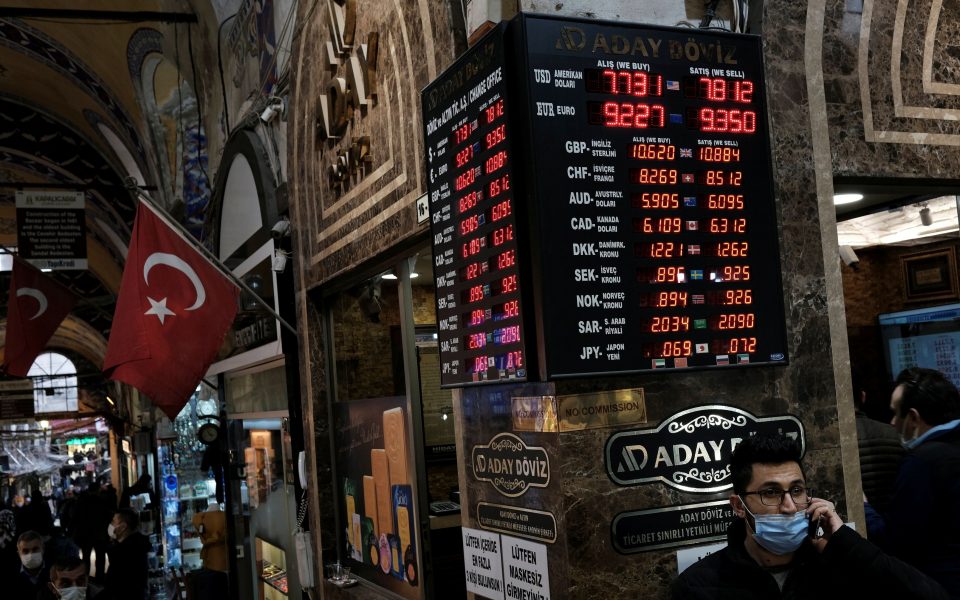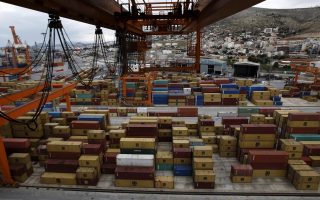Erdogan now provoking the markets

Staying true to his egocentric and unorthodox behavior, Recep Tayyip Erdogan is provoking not only his neighbors, but the markets too.
The neo-Ottomanism that defines the Turkish president makes him feel invincible, not only politically, but also economically. He believes he has the capability of acting in any way he wants and imposing his own terms even where it is evident that he cannot, like the international markets.
For better or for worse, the markets dance to the beat of their own drum and no country, not even the United States, China or Japan, to name the three largest economies in the world, are in a position to fully impose their own terms.
With this context in mind, Erdogan must realize that he is compelled, even if he does not like it, to follow certain rules. Otherwise, he will personally bear the cost, along with his country and his people.
The financial turmoil witnessed over the last 24 hours simply shows the Turkish president that there are limits. Another leader would potentially be more amenable to shifting their stance, but any realistic observer of Turkey knows that this is something that Erdogan will not do.
A country with a huge short-term external debt of almost 180 billion dollars, dwindled foreign exchange reserves, witnessing an exodus of foreign investment as its currency is crumbling, is very likely to face a payments crisis.
This is the last thing Erdogan needs as he tries to find a new modus vivendi with the Biden administration, and seeks to convince Europe that he not the source of tension in the Eastern Mediterranean.
Respected international analysts, who are not “enemies” of Turkey, are witnessing the weakening of the Turkish economy and believe that the recent abrupt replacement of the country’s central banker along with the unorthodox policies favored by Erdogan, are leading Turkey, with mathematical precision, into a period of tremendous uncertainty and a loss of investor trust.
This crumbling of the economy is very likely to end with capital controls and the repercussions that come with them, further challenging the stability of our eastern neighbor.
It will also be an irreparable blow to the narrative of omnipotence obsessively projected by Erdogan over the last few years, with its timing coinciding with the centenary of the Turkish Republic in 2023.
The financial crisis should serve as a reminder to Turkey’s leader that now, more than ever, he needs the support of the Western powers, whether political, economic or financial.
Still, maybe the unpredictable Turkish president – who has been steadily distancing himself from Western values over the years, possesses an ambivalent geopolitical policy and envisions himself as the leader of the Islamic world – believes that he does not need any support, because he is simply so powerful.





